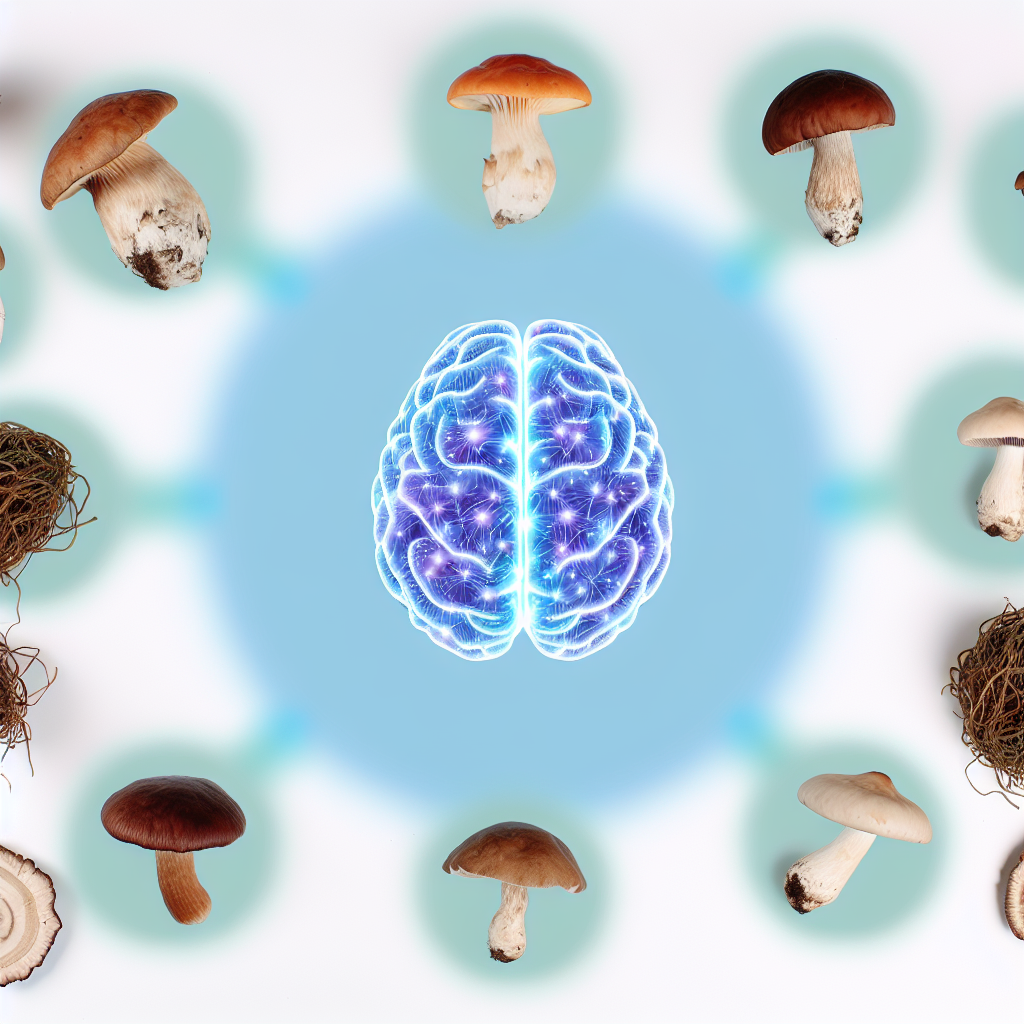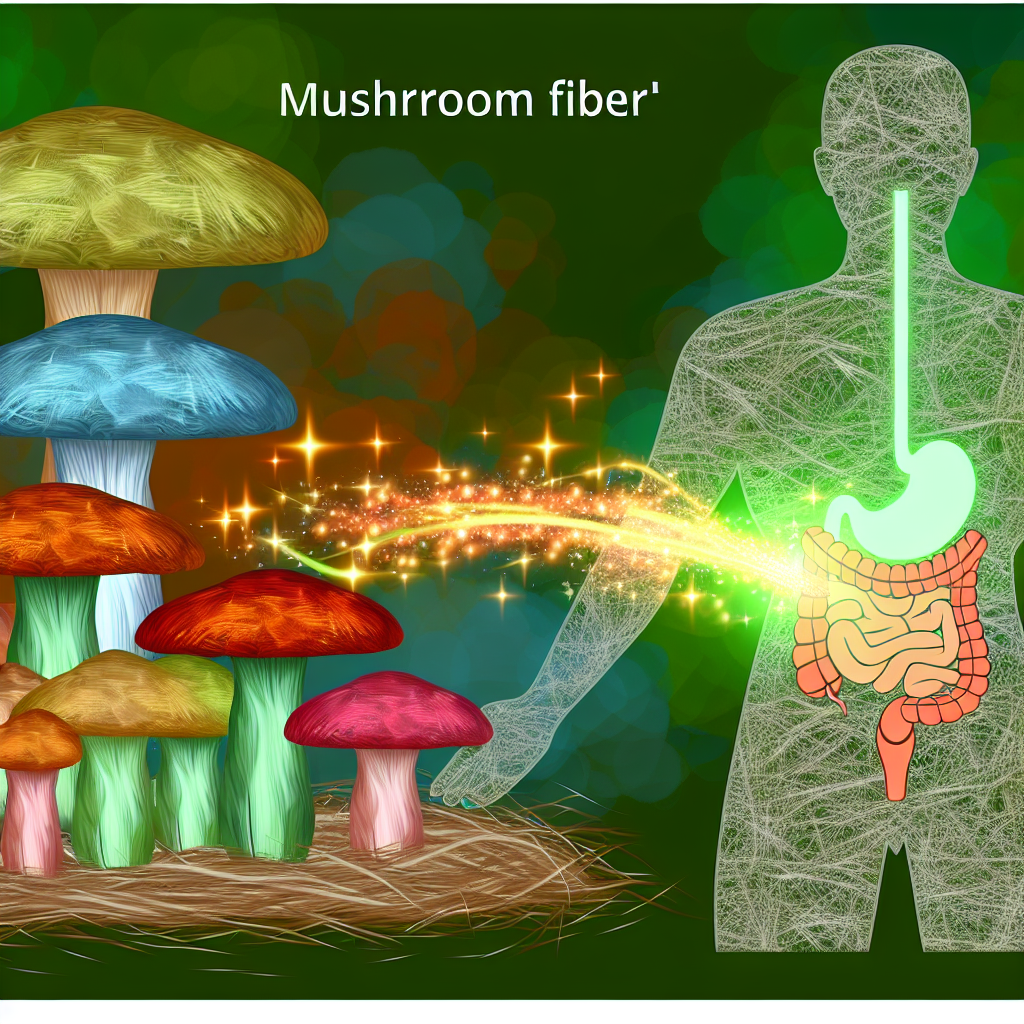Neuroprotective Properties of Lesser-Known Mushrooms
Unlocking the Brain-Boosting Potential of Hidden Fungi
In the ever-expanding world of medicinal mushrooms, familiar names like Lion’s Mane and Reishi often receive well-deserved recognition for their neuroprotective properties. However, a variety of lesser-known fungi also provide remarkable cognitive and neurological benefits, demonstrating the vast potential of mycology in brain health. As neurodegenerative diseases such as Alzheimer’s, Parkinson’s, and cognitive impairment continue to rise, researchers are exploring alternative, natural interventions that may help preserve brain function and delay the progression of these conditions.
Many mushrooms contain bioactive compounds such as beta-glucans, antioxidants, and unique polysaccharides that exhibit neuroregenerative and neuroprotective effects. Lesser-known species, including Hericium coralloides (Coral Tooth Fungus), Phellinus linteus (Meshima), and Pleurotus eryngii (King Oyster Mushroom), have demonstrated promising potential in various studies. These fungi are rich in neurotrophic factors, promote nerve growth, and help protect brain cells from oxidative stress and inflammation.
Neuroprotective Benefits and Scientific Studies
Hericium coralloides (Coral Tooth Fungus): A Natural Booster for Nerve Growth
Hericium coralloides is a close relative of the well-known Lion’s Mane mushroom and contains similar neurotrophic compounds. A study published in [International Journal of Medicinal Mushrooms] found that H. coralloides stimulates nerve growth factor (NGF) production, which is essential for neuron survival, development, and regeneration. Enhancing NGF levels has been linked to potential treatments for Alzheimer’s and age-related cognitive decline.
A 2020 study in [Frontiers in Pharmacology] reported that compounds extracted from Hericium species can cross the blood-brain barrier and promote the repair of damaged nerve cells. This suggests a promising role in supporting recovery from neurodegenerative conditions and traumatic brain injuries.
Phellinus linteus (Meshima): Fighting Neuroinflammation for a Healthier Brain
Phellinus linteus, traditionally used in Eastern medicine for immune support and cancer treatment, has demonstrated potent anti-inflammatory and antioxidant effects that are beneficial for neurological health. Chronic neuroinflammation is strongly implicated in conditions such as multiple sclerosis (MS) and Parkinson’s disease.
A study published in [Evidence-Based Complementary and Alternative Medicine] examined the neuroprotective effects of P. linteus and found that its polysaccharides reduced oxidative stress and inflammation-induced neuronal damage. These effects suggest that Phellinus species may help prevent neurodegenerative processes that lead to cognitive decline.
Additionally, research in [Biomedicine & Pharmacotherapy] indicated that P. linteus extracts help modulate microglia, the immune cells of the brain. Overactive microglia contribute to neuroinflammation, but controlling their levels can help maintain a healthy brain environment and reduce the risk of neurodegenerative diseases.
Pleurotus eryngii (King Oyster Mushroom): Enhancing Brain Function Naturally
Pleurotus eryngii, commonly known as the King Oyster Mushroom, contains high concentrations of ergothioneine, a powerful antioxidant that has been linked to cognitive longevity. Studies suggest that ergothioneine levels naturally decline with age, and supplementation may help counteract age-related cognitive impairment.
A 2016 study in [Food & Function] highlighted the neuroprotective effects of ergothioneine in reducing oxidative stress markers within the brain. The researchers found that regular consumption of ergothioneine-rich foods, including King Oyster mushrooms, may support brain function and protect against neurodegeneration.
Furthermore, a recent study in [Nutrients] indicated that Pleurotus eryngii contains compounds that support cerebrovascular health by improving blood flow and reducing amyloid-beta plaque accumulation, a hallmark of Alzheimer’s disease. By enhancing cerebral circulation, King Oyster mushrooms may play a preventative role against cognitive conditions.
Conclusion: The Future of Brain Health in Medicinal Mushrooms
While well-known medicinal mushrooms continue to dominate the natural health industry, emerging research highlights the incredible neuroprotective potential of lesser-known fungi such as Hericium coralloides, Phellinus linteus, and Pleurotus eryngii. These mushrooms offer natural ways to promote brain health, protect against neurodegeneration, and support cognitive longevity. As scientific investigation into these fungi expands, they may become key players in holistic approaches to neurological wellness. Given the growing interest in natural medicine to enhance brain function, these mushrooms provide promising, untapped resources for cognitive care and neuroprotection.
**Summary:**
Lesser-known mushrooms like Hericium coralloides, Phellinus linteus, and Pleurotus eryngii have demonstrated remarkable neuroprotective properties that can help promote brain health, protect against neurodegeneration, and support cognitive function. These fungi contain bioactive compounds that stimulate nerve growth, reduce neuroinflammation, and provide powerful antioxidants for the brain. As research into the therapeutic potential of these mushrooms continues to expand, they may play a crucial role in holistic approaches to neurological wellness and the prevention of cognitive decline.

Dominic E. is a passionate filmmaker navigating the exciting intersection of art and science. By day, he delves into the complexities of the human body as a full-time medical writer, meticulously translating intricate medical concepts into accessible and engaging narratives. By night, he explores the boundless realm of cinematic storytelling, crafting narratives that evoke emotion and challenge perspectives. Film Student and Full-time Medical Writer for ContentVendor.com




